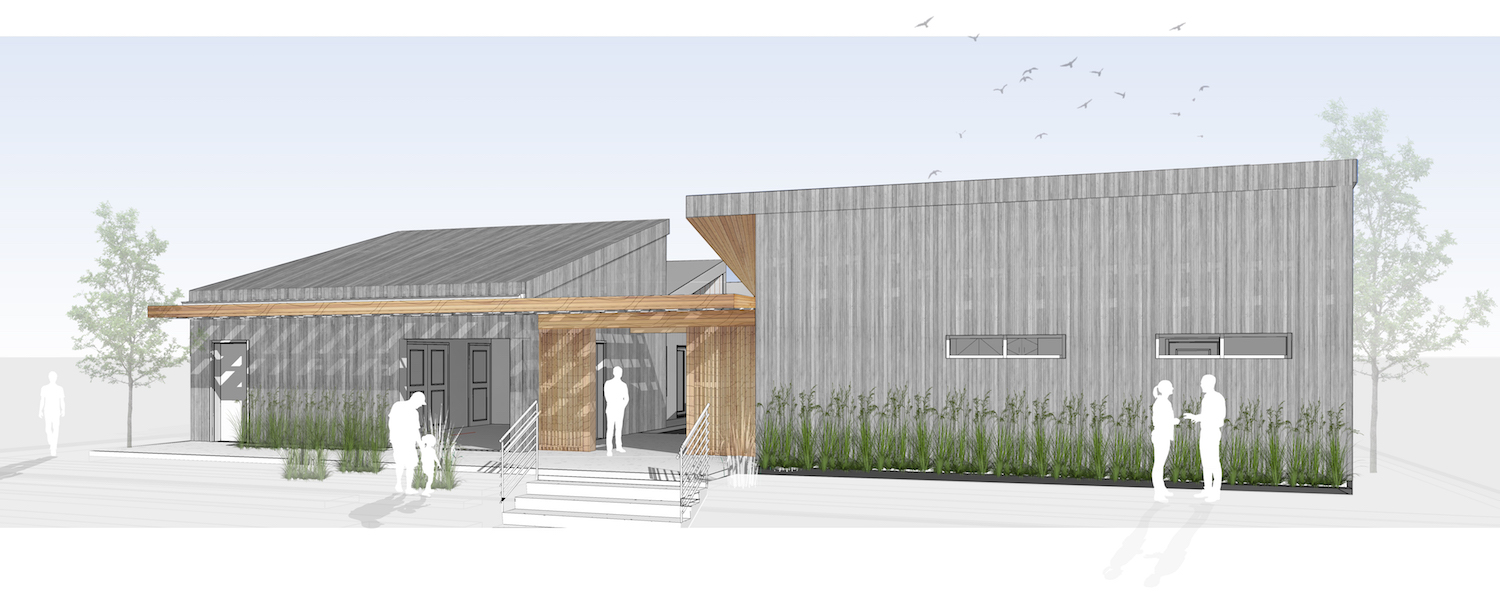
Across Colorado, the mounting housing affordability crisis has left thousands of people without homes. Many more are overburdened by the steep cost of rental housing, or are forced into substandard living conditions. A shortage of developable land contributes and deepens the problem: in rapidly-growing metro areas, the availability and cost of undeveloped land is a significant barrier to developing new affordable units.
According to a recent study, 50% of Colorado renters are cost burdened, meaning they spend more than 30% of their income on housing (Shift Research Lab, 2018). In order to afford a two bedroom rental in Colorado, a full time worker must earn at least $21.97 an hour (NLIHC, 2017). The price of land represents one of the most significant costs associated with housing development, at an average of 18% in the U.S. (Shift Research Lab, 2018).
In the midst of this challenge is a tremendous resource: many of Colorado’s diverse congregations of faiths believe deeply in addressing the housing crisis and building opportunity, and happen to own thousands of acres of underutilized land. In just Denver, Jefferson, Arapahoe and Douglas counties, congregations own more than 5,000 acres of undeveloped land. Some of the land has never been developed; other parcels have sat vacant since the 1950s. In many cases, congregations are mowing or maintaining these lots at significant cost, with no real benefit to the church or community.

In partnership with Interfaith Alliance of Colorado, Radian created The Congregation Land Campaign, which brought a creative and promising model of affordable housing development to the state. The campaign helped address the essential need while also supporting diverse faith-based communities in advancing their values around community development.
Because this was a relatively new concept for most faith-based communities, Radian and Interfaith Alliance implemented an educational and outreach campaign, working closely with congregations on a series of workshops and charrettes to design housing, childcare, and other projects that meet community needs.

We identified more than a dozen forward-thinking Denver-area congregations that are interested in developing housing on their land, but technical knowledge and expertise are significant barriers. Most congregations do not have knowledge of housing development, ownership models and processes, nor the capacity to conduct a thorough engagement and planning process with their members or the broader community. As a result, we developed a streamlined process and technical assistance package that will help this first set of congregations explore housing options, identify development models that meet their needs and the needs of the community, and prepare them to quickly evaluate feasibility and begin working with developers.
The Micah Project is a faith-based partnership developing affordable, permanent supportive housing for those unhoused in Longmont, Colorado. Radian has partnered with the Inn Between of Longmont, a non-profit housing provider, to help create six 400-500 square foot housing units on land that was committed by the First Congregational United Church of Christ. The Inn Between of Longmont is providing permanent supportive housing resources such as housing, case management, and life training skills. Radian provided technical assistance to the church in the form of visioning workshops, capacity building, and architectural design and planning to see the project through to completion.
